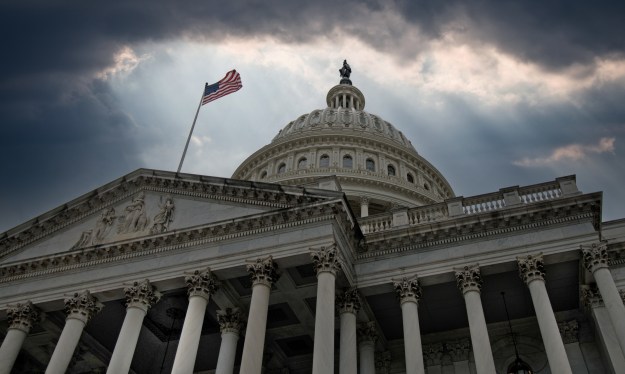A U.S. government shutdown could stifle deal flow, freeze visa processing for workers, and cause other problems for startups and the broader tech sector, especially if it lasts longer than a week, according to experts. This shutdown, which began Tuesday, is the first one in seven years. The unpredictability of the current administration coupled with a politically entrenched Congress makes it hard to predict when the shutdown will end. Out of eight shutdowns since 1990, four have happened during the Trump administrations; the last one lasted 35 days, the longest in modern history.
Investors, founders, and lawyers warn about delayed deal flow and visa processing for workers. The visa process had already been upended when President Trump recently announced the application fee for an H-1B visa would increase to one hundred thousand dollars, a number that caused sticker shock within the industry. The main concern is a slowed-down immigration process for startups, since the Department of Labor, which provides first approval for H-1B visas and green cards, is shut down. The result, according to immigration attorney Sophie Alcon, is that the pipeline for hiring and renewing visas for high-skilled workers is completely frozen. She said this creates significant uncertainty for a startup’s workforce, including founders who may be on visas themselves.
Visa workers are hit hard in a shutdown because their status depends on government approvals, added Michael Scarpati, CEO and founder of the fintech company RetireUS. When processes like E-verify or labor certifications stop, workers risk falling out of status, leaving their future in the U.S. uncertain and creating added disruption for the businesses that depend on them. Thousands of workers in tech are on visas, many of them bringing partners and children with them. Many are understandably nervous about processing delays and how that affects their ability to stay and work, Chris Chib, CEO of the strategy solutions company BlueFin Solves, told TechCrunch. He noted that just as these engineers help persevere through complex challenges with innovation, we owe them the same careful attention and commitment during this situation.
Startups may also be affected by delayed or stopped permitting processes and other regulatory requirements, which could drain precious funds and even lead to layoffs. Jenny Fielding, managing partner at Everywhere Ventures, said ongoing political uncertainty always worries her. Though past shutdowns have had little economic impact, this one could lead to layoffs if it lasts too long. She explained that since they invest in many regulated areas, the shutdown can potentially halt or slow down essential government functions like FDA approvals or aerospace permits, which can be an existential threat to a startup whose entire business model depends on a single regulatory green light.
Fielding said the timing of the shutdown has been terrible for her and the firm. When Everywhere Ventures started fundraising in early spring, President Trump announced tariffs that caused uncertainty and drove up costs for some companies. The firm held off on fundraising at the time because limited partners were nervous about investing given the uncertain climate. She noted they kicked off fundraising this week, so once again, the timing is terrible. For her startups, she said it is hard to wait and see. Founders always need to think about a Plan B, especially because capital is finite. If it is a week shutdown, then that is manageable, she continued, but when it becomes weeks, then it can get uncomfortable.
Garima Kapoor, co-founder of the software company MinIO, said startups should start preparing now, just in case the government shutdown is prolonged. When government agencies slow down, deals in highly regulated industries like fintech, health tech, or M&A can grind to a halt. Even companies operating outside the federal sphere could face shrinking valuations and tougher deal terms as more uncertainty seeps into the market. Overall, founders should remain proactive, communicate transparently with partners and investors, and plan prudently for slippage, she said, noting that clarity and alignment will be key. Preparedness will separate those who weather the disruption from those who get caught flat-footed. Chib echoed that sentiment, saying their resilience is part of what drives progress forward. To those facing these challenges, know this too shall pass. Persevere.

